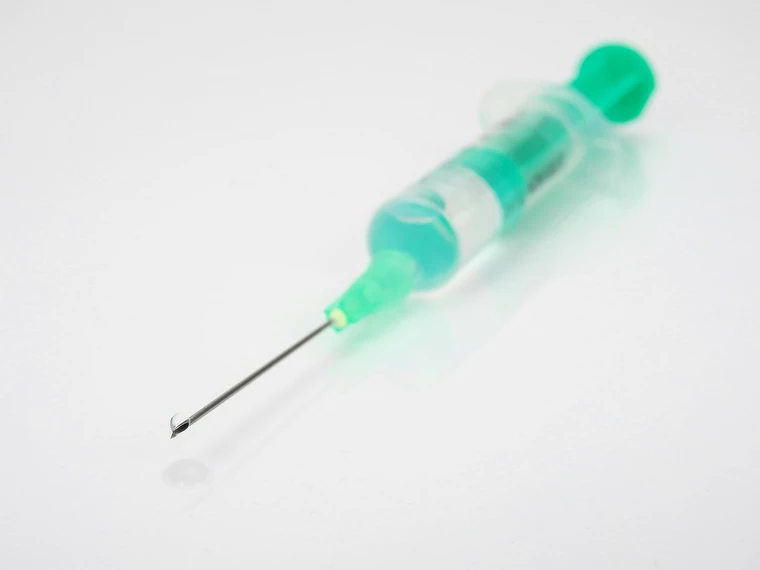FDA commissioner Scott Gottlieb announced his resignation the other day, which means that change is coming to the regulatory body most closely linked to the cannabis market in the US, and maybe across the globe.
Since Epidiolex, GW Pharmaceuticals’ drug for the treatment of Dravet Syndrome, a form of epilepsy, was approved by the FDA in June 2018, the regulatory status of cannabidiol (CBD) has come under rather intense scrutiny. Epidiolex is a drug that employs pure CBD as its API (active pharmaceutical ingredient). Approval of CBD in isolate form as a medicine caused a shift in the regulatory landscape, because the FDA cannot permit the inclusion of what amounts to medicine in unregulated consumable products.
The end result is that food and other edibles that incorporate CBD in isolate form are now being removed from the shelves in several states by local health departments, including in large markets such as New York where they were beginning to be a regular sight in convenience stores and even in restaurants (California has long regulated CBD in food sold outside dispensaries, so the market there has not changed significantly). Similarly, national regulators in Europe have been changing their stance with regard to CBD, most recently in Austria.
Will this continue under the new commissioner of the FDA, or will the FDA take a more nuanced approach to CBD and its usage in the marketplace? At this point, it is anyone’s guess.
Where does all this leave the market for now, at least for the foreseeable future (and until we find out the stance of the new commissioner)?
First, we will likely see a move toward more full-spectrum hemp extracts, because the full-spectrum oil, as opposed to the CBD isolate, is still not considered a pharmaceutical product. This will likely change over time as well, as regulation catches up to the industry.
Second, whereas companies have mostly been selling “home made” products (or their industrial, unregulated equivalents), we will probably see more companies take the fully compliant approach (“better safe than sorry”) and move to register their products (most significantly in the budding skincare industry).
Third, entrepreneurs may be more likely to approach the market as a more medicalized one (which was just a matter of time), since if the pathway to commercialization requires compliance and regulation anyway, the medical/pharmaceutical approach becomes less dauntingly prohibitive.
Regardless, we can be certain that where in many instances the regulator is still trying to catch up to the market, the market will to a certain extent now be forced to catch up to the regulator, which is certainly a positive development from the consumer (read: regulation is good) side of things.
